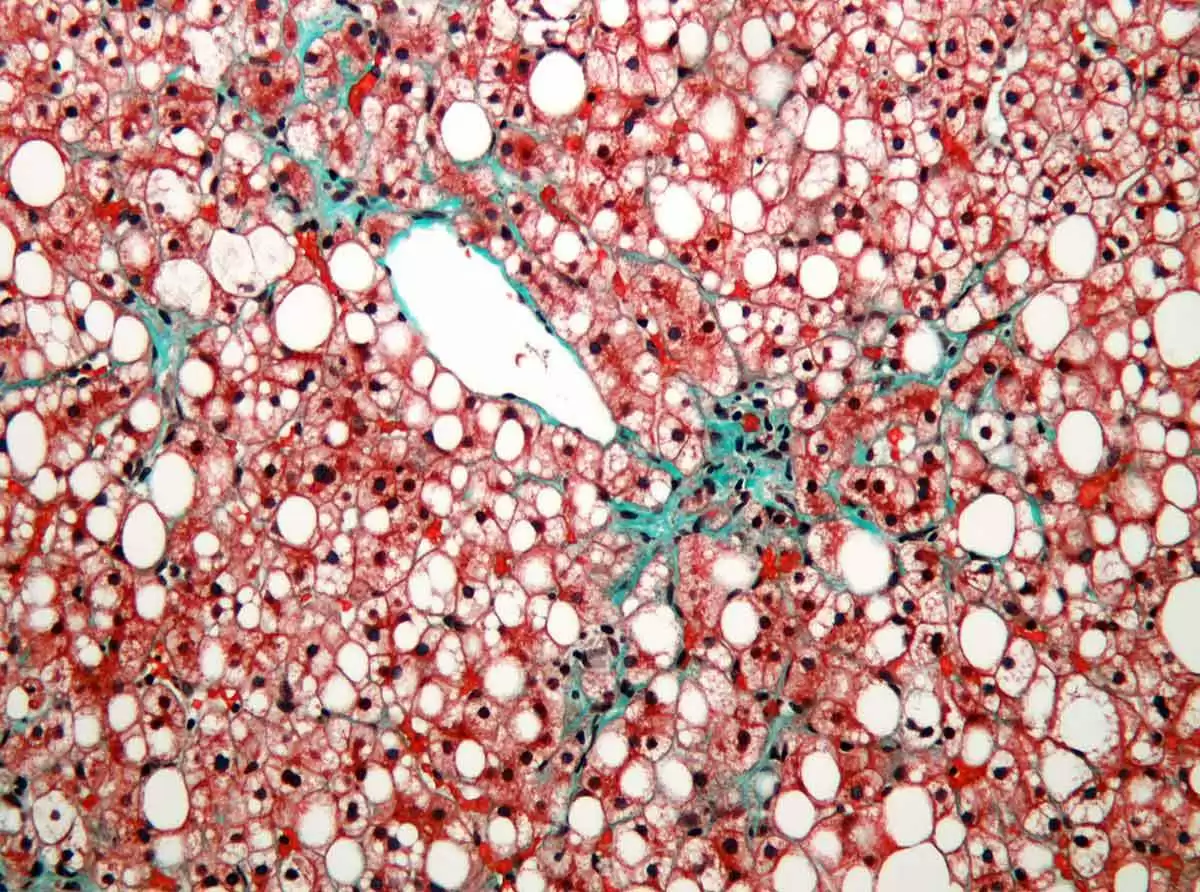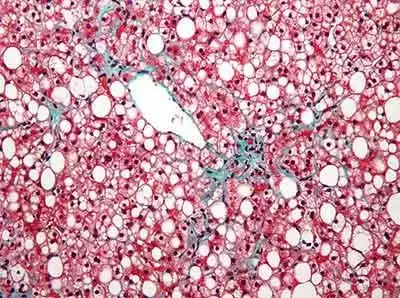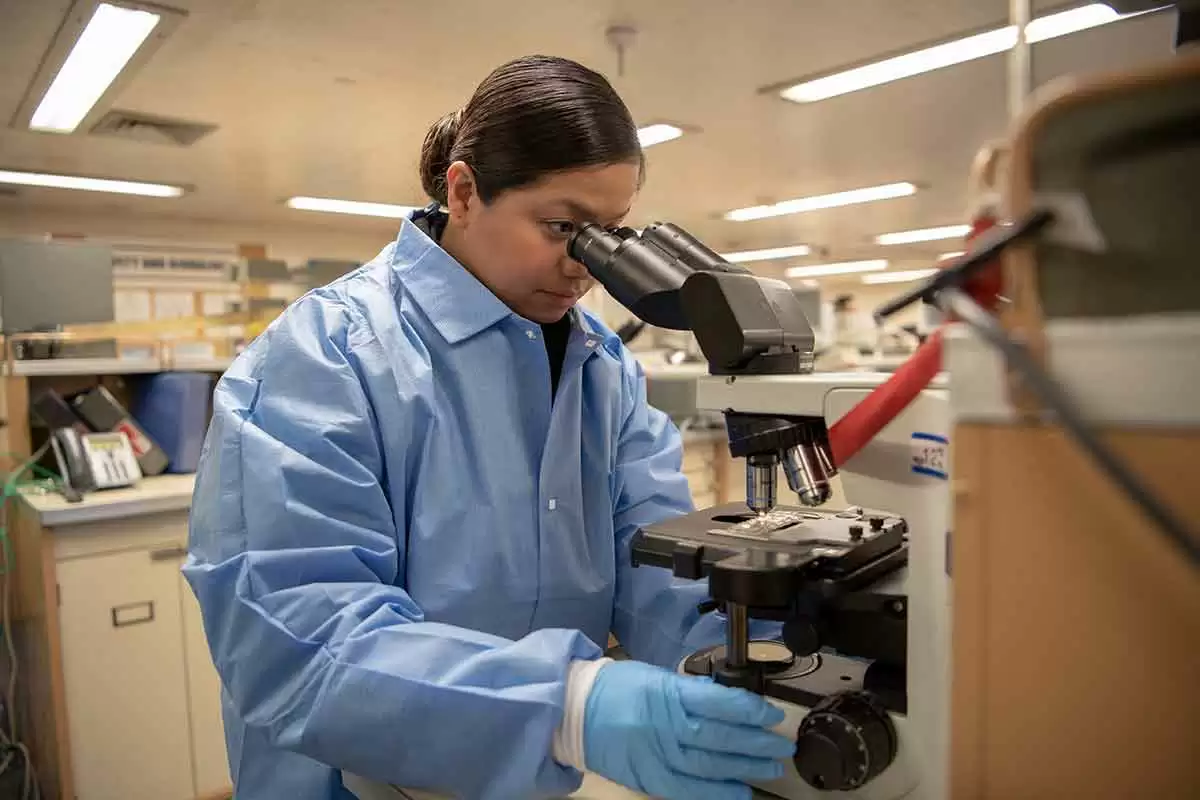
Celiac.com 11/08/2021 - Researchers know that non-alcoholic fatty liver disease is strongly associated with metabolic syndrome. But, are rates for non-alcoholic fatty liver disease higher in patients with celiac disease on a gluten-free diet? What about rates of celiac disease in patients with non-alcoholic fatty liver disease?
A team of researchers recently set out to determine risk of non-alcoholic fatty liver disease for people with celiac disease on a gluten-free diet. The research team included M Aggarwal, P Kumar, R Garg, CC Lindenmeyer, J Wakim-Fleming, and A Rubio-Tapia.
Celiac.com Sponsor (A12):
For their systemic review and meta-analysis, they included 12 studies involving nearly 5,000 subjects. Five of those studies, totaling 1,268 participants, determined rates of non-alcoholic fatty liver disease in patients with celiac disease, while seven studies on just over 3,700 subjects assessed rates of celiac disease in patients with non-alcoholic fatty liver disease. Their analysis included only studies with fifty or more cases of celiac disease with most participants over 15 years of age. They assessed new diagnoses of serology- and histology-positive celiac disease.
Researchers reported pooled rates of non-alcoholic fatty liver disease of 12.3% in celiac patients before initiating a gluten-free diet, and 21.4% in celiac patients after initiating a gluten-free diet. They saw a significant increase in the odds of celiac patients developing non-alcoholic fatty liver disease after starting a gluten-free diet.
They saw a pooled rate of 5.3% (95% CI, 3.5-8.0; I2 = 76%) and 3.1% (95% CI, 1.7-5.6; I2 = 79%) in patients with non-alcoholic fatty liver disease with serology-positive and histology-positive celiac disease, respectively.
Based on their data, the team concludes that the odds of people with celiac disease developing non-alcoholic fatty liver disease nearly double after they begin a gluten-free diet. The team recommends close monitoring of celiac patients for non-alcoholic fatty liver disease over time.
Given the long-term metabolic consequences of non-alcoholic fatty liver disease, the team suggests that doctors consider non-alcoholic fatty liver disease screening in celiac patients.
The information was presented at the Annual Meeting of the American College of Gastroenterology, from October 22 to 27, 2021.
Read more in Gastroenterology Advisor








Recommended Comments
Create an account or sign in to comment
You need to be a member in order to leave a comment
Create an account
Sign up for a new account in our community. It's easy!
Register a new accountSign in
Already have an account? Sign in here.
Sign In Now